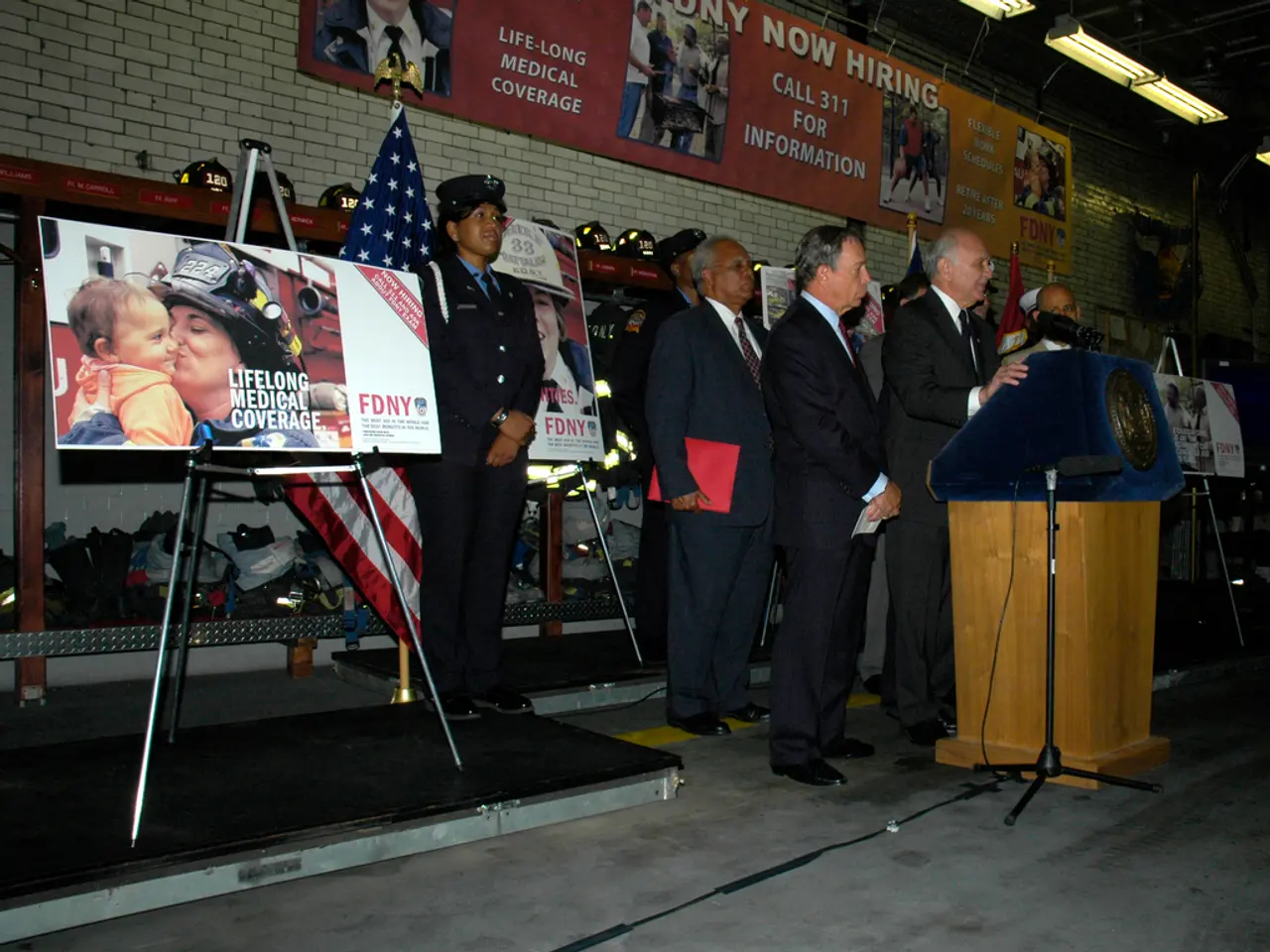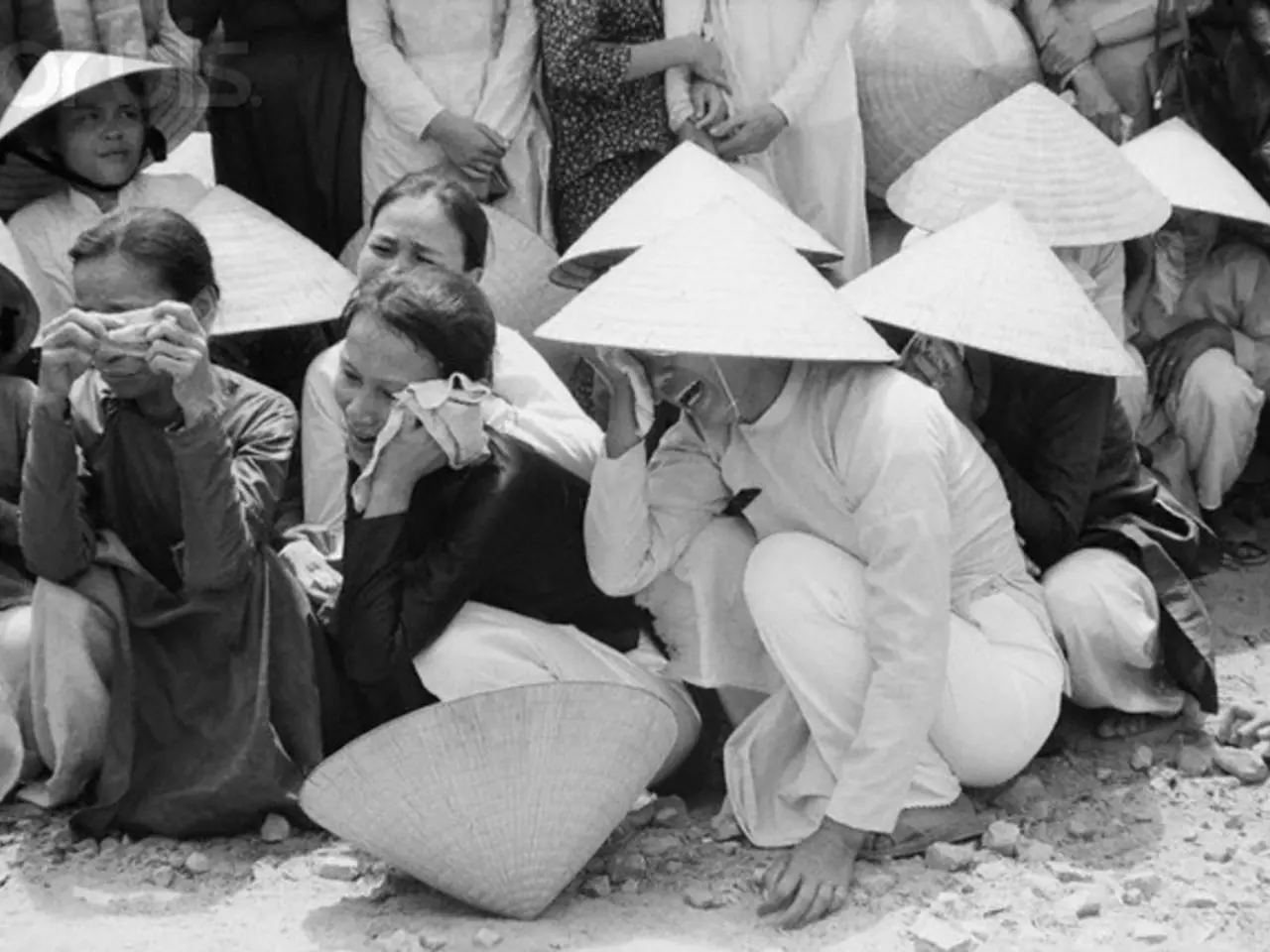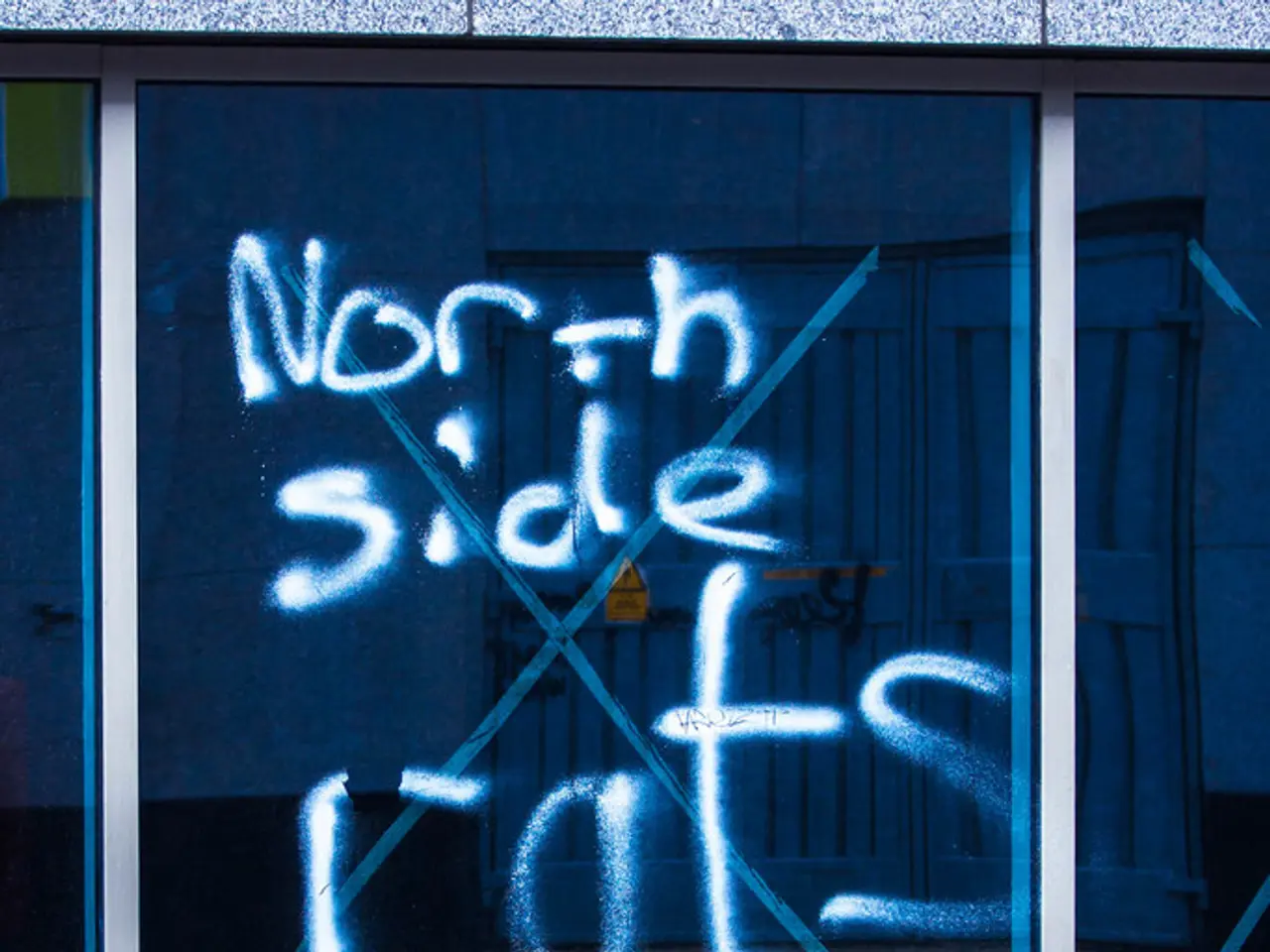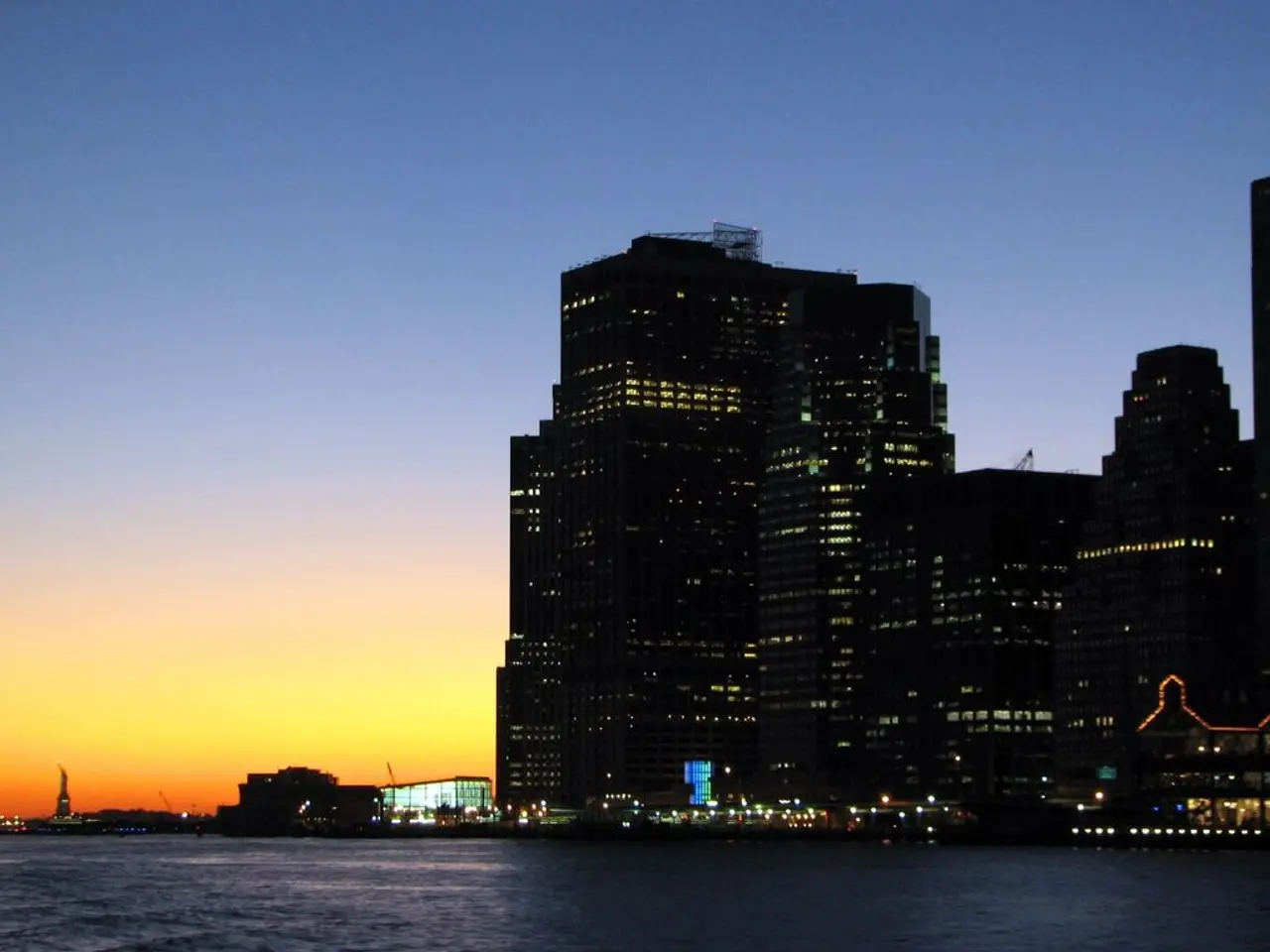Criticism of Pakistan by Prime Minister Modi for Promoting Terrorism at BRICS Summit
At the recent BRICS Summit held in Rio de Janeiro, Prime Minister Narendra Modi called for a stronger global response to terrorism, particularly in the context of India's ongoing struggle against cross-border attacks.
Modi pointed out that giving silent consent to terrorists should not be acceptable, and he criticized Pakistan for supporting terrorism, a claim that has been a point of contention between the two nations for years. He told world leaders that India is a victim of terror while Pakistan is a supporter, and so victims and supporters cannot be weighed on the same scale.
The Rio de Janeiro Declaration, issued by the leaders of the BRICS grouping, strongly condemned any acts of terrorism and expressed concern about the cross-border movement of terrorists, terrorism financing, and safe havens. However, the declaration did not explicitly name Pakistan as responsible for these issues, maintaining a diplomatic balance among member countries.
In 2017, during the BRICS Summit in Xiamen, China, the group's stance on naming Pakistan-based terrorist groups explicitly as security concerns had not changed significantly. The declarations have consistently avoided direct country attribution, with general references to cross-border terrorism and terrorism financing.
The 2021 Rio de Janeiro Declaration called for an expeditious finalization and adoption of the Comprehensive Convention on International Terrorism in the UN framework. The declaration also emphasized zero tolerance and rejection of double standards in counter-terrorism efforts.
The BRICS Counter-Terrorism Working Group and related strategies were highlighted as ongoing frameworks for cooperation. India, which will host the 2026 BRICS Summit, has been pushing for a stronger stance against Pakistan and Pakistan-based groups like Lashkar-e-Taiba and Jaish-e-Mohammed.
The recent terror attack in Pahalgam, Jammu and Kashmir, which claimed the lives of 26 tourists, was also condemned in the Rio de Janeiro Declaration. The attack underscored the need for concerted actions against all UN designated terrorists and terrorist entities, as outlined in the Rio de Janeiro Declaration.
Despite the diplomatic nuances, Modi's strong words at the BRICS Summit are a clear indication of India's determination to tackle terrorism and hold those responsible accountable. The ongoing discussions within the BRICS grouping will likely continue to shape the global response to terrorism in the years to come.
War-and-conflicts continue to be a pressing concern in global politics, as India's condemnation of Pakistan's support for terrorism at the BRICS Summit highlights. Furthermore, the call for zero tolerance and rejection of double standards in counter-terrorism efforts, as emphasized in the Rio de Janeiro Declaration, falls under the general news category, given its international implications, and is also closely related to crime-and-justice issues.








